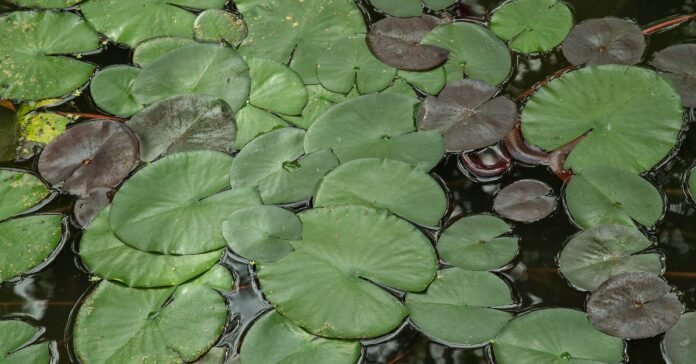Many people appreciate the idea of nurturing gardens with organic methods, but not everyone knows where to start. This is because people often feel too discouraged or incompetent to try something that sounds as complicated and unusual as organic gardening. This article can help you get the tips you need to make the leap into the fun and beneficial world of organic gardening.
Coffee grounds and leftover coffee can be used to repel slugs. If you have an issue with slugs in your garden, you can repel them effectively with coffee. You can sprinkle coffee grounds on the soil around your plants or use leftover coffee in a spray bottle to spray the slugs directly.
Grow your own organic tomatoes easily. Tomatoes love light, so choose a spot that gets sun all day long. Allow space between your tomato plants to reduce the chance of soil diseases that will affect your crop. If you buy seedlings instead of sprouting your own, stay away from small seedlings with poorly developed root systems; they will take weeks to show any real growth.
To keep air flowing through your compost pile, stand a large PVC pipe with punched holes in the center of your pile so the air flows up and down the pipe, and then through the holes directly into the pile. The air movement helps your soil decomposers create the heat needed to jumpstart the decay process.
Instead of pulling weeds, turn them into nourishment for your garden. Some weeds, like Lamium or Chickweed, are tough to remove one at a time. Instead, using a sharp shovel or spade, cut under the weeds and turn them over, making sure to bury all of the leaves. The weeds will rot, providing the soil with nourishment like composting.
You can gain time by renewing your beds with this method: slice under the turf and turn it over. Cover it with wood chips and wait a few weeks. You can then use this bed to plant your perennial plants. The ground you have turned over should be made richer by the turf that is under it.
Calculate how much water your plants truly need. Thinner plants generally need more water; they contain larger surface area with less capacity to store water. Plants with large, thick waxy leaves are often more suited for water-starved environments. Over-watering may also cause problems with the plant due to microbial growth on their roots.
Don’t harm your native critters. Some animals can naturally keep the bug population down; one such example of a good pest-predator is the bat. Bats are well-known for being bug consumers. Since your garden may sometimes look like a tasty treat to these tiny critters, having bats around can help reduce their population naturally, without the usage of harmful pesticides.
Use soap on your plants. Not much is worse than a bad aphid infestation. Your plants will look terrible, and eventually die, if the bugs continue to work on your plants. To get rid of them now, fill a spray bottle with dish soap and water. Spray thoroughly, and repeat as needed.
When starting an organic garden, test the pH level of your soil. You need to know the pH level of your soil in order to choose the appropriate plants that will grow in it. For example, plants that favor an alkaline soil will not do well in acidic soil. Test kits can be purchased to test the pH level of your soil.
Try using ladybugs rather than pesticides to protect your plants from insects. You can order large quantities of ladybugs from gardening supply stores for very little money. If you release them near your garden, they will eat pests such as aphids, leaf hoppers, mites and other soft bodied insects, helping to protect your plants from these unwanted critters in the process.
If you have children and want to become more involved with them, starting a small organic garden can be a great way. This type of hobby is wonderful for family bonding but also helps your children to start to understand many of the basics of the circle of life and growth.
When starting an organic garden look into natural pesticides. It is a healthy way to be sure you do not lose a great deal of your crop to insects while working to keep your environment safe. There are many pesticides that were once used and are really effective.
When you are ready to mulch, choose an organic mulch. Cocoa hulls or weed-free straw are great examples. The mulch will eventually decompose and add rich, organic nutrients to your soil. Just add a couple of inches to your garden each year and you will see the long-term benefits.
Hopefully this article has taken all of your apprehension about organic gardening completely out of the equation. It is relatively easy to have an organic garden, that you can show off with pride. Soon you can have fresh, environmentally-friendly fruits and vegetables on your table.


